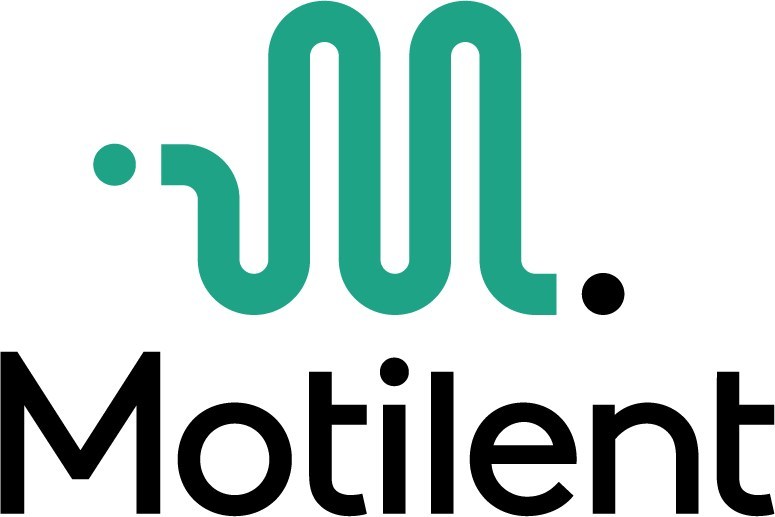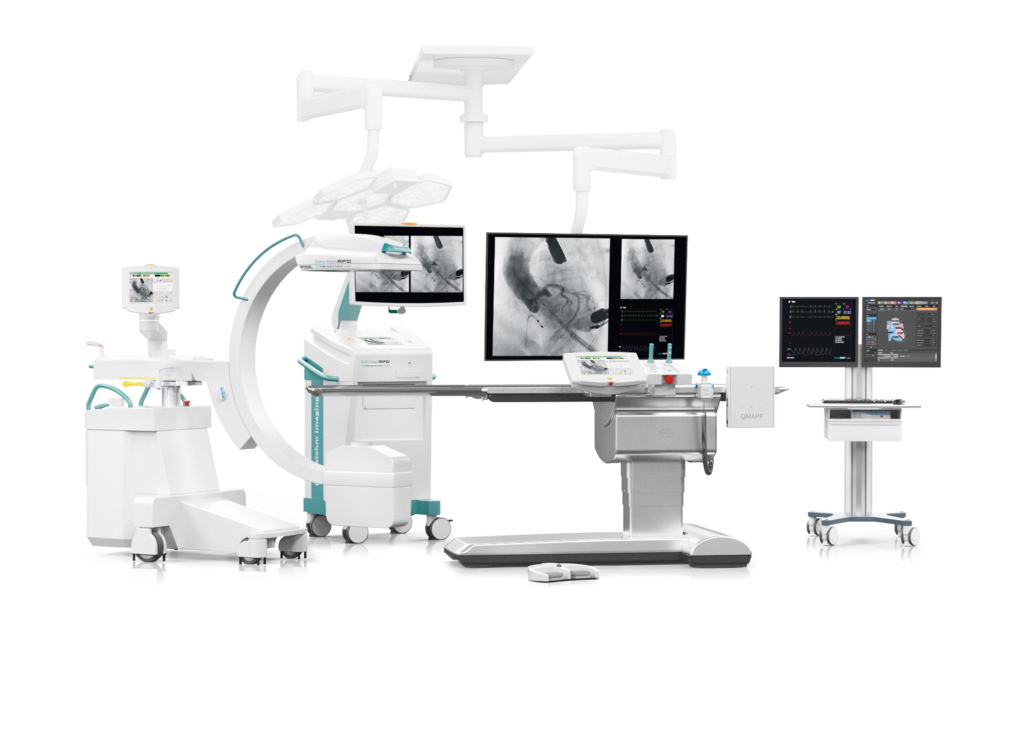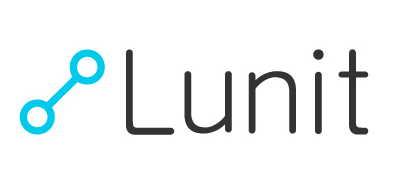News in brief
There was an abundance of news emanating from this year’s RSNA in Chicago with exhibitors launching new products, showcasing developments to their product portfolios and highlighting advances they have made with the use of artificial intelligence. Here is a brief selection of some of the news coming out of this major event for the healthcare industry.
Kheiron partners with Stanford to pioneer use of AI in new areas of oncology Kheiron Medical
Technologies announced its new collaboration with researchers at Stanford University to design functional proof-of-concept deep learning models to solve clinical problems in novel ways, starting with Non-Hodgkin’s Lymphoma. With the collaboration, Kheiron, which has pioneered the development and deployment of artificial intelligence solutions to help radiologists detect breast cancer earlier, will leverage its existing technologies and expertise to expand into new imaging modalities and cancer types. This furthers its mission of transforming cancer diagnostics through the power of deep learning, the company said.
The collaboration aims to harness the collective expertise of the Stanford Center for Artificial Intelligence in Medicine & Imaging (AIMI) and Kheiron. This endeavour will be referred to as ‘The Kaplan Project’ in honour of Stanford’s former radiation oncology leader, Dr. Henry Kaplan, who in the 1960s developed some of the earliest treatments for lymphoma. The Kaplan Project aligns to the AIMI centre’s mission, where interdisciplinary expertise is the foundation to help solve clinically important problems in medicine using AI.
The purpose of staging lymphoma is to quantify the extent of disease, guide decisions around therapy, and provide a baseline prior to treatment. For oncological radiologists, the tasks of staging and evaluating post-treatment response on PET/CT scan images is manual and time-consuming.
The Kaplan Project will seek to apply Kheiron’s deep learning technology to FDG-PET/CT images of lymphoma patients to enhance two key radiologist outcomes: improving radiologist efficiency and improving radiologist accuracy.
Motilent’s GIQuant uses AI to analyse gut motility
Motilent, the first company to specialize in the assessment of digestive diseases using AI medical image analysis, has announced that it has received US FDA clearance for its GIQuant post-processing software.
GIQuant, already used in UK institutions including Great Ormond Street Hospital, works alongside standard magnetic resonance imaging (MRI) scans to measure and track movement of the intestine. This measure of intestinal movement, known as ‘motility’, is often affected by gastrointestinal disease activity, and thus provides insights into disease progression.
With an initial focus on Crohn’s disease, GIQuant aids physicians in advanced image assessment: providing data led insights to monitor therapeutic response and allow for more informed clinical treatment decisions. This extra layer of objective data, collected non-invasively, can help physicians take patients off ineffective therapies faster, and speeds up patient treatment journeys.
The FDA clearance gives Motilent the greenlight to deploy GIQuant across healthcare providers in the US. Supporting the move into the US healthcare market, the company also announced a new partnership with AI patient-care software provider Nuance.
Collaborating with Nuance, GIQuant will equip clinicians, radiologists and care teams with new motility data and a suite of actionable insights to help monitor, understand, and ultimately improve clinical quality and patient safety.
Ziehm Imaging presents mobile CathLab
Ziehm Imaging presented a product range consisting of mobile C-arms and innovative imaging systems. Highlights showcased at the event included a mobile CathLab with a 30 kW generator as well as Therenva’s image fusion solution.
The 30 kW Generator is the most powerful generator for mobile C-arms for its motorized RFD series and CMOSline flat panel detector. The 30 kW generator enables more clarity in imaging and sharper details.
The mobile CathLab is built on the Ziehm Vision RFD Hybrid Edition Cardio, a powerful fully motorized C-arm for cardiovascular interventions. Together with the 30 kW generator, the mobile CathLab provides a solution for challenging cardiology procedures and the cost-effective treatment of coronary indications. In addition to the motorized, versatile C-arm, the concept consists of an interventional table, a ceiling-mounted 55-inch display, and a haemodynamic monitoring station that monitors and documents the patient’s vital signs.
The company also exhibited a powerful all-in-one solution consisting of the Ziehm Vision RFD Hybrid Edition and Therenva’s EndoNaut endovascular 3D fusion navigation system.
It combines preoperative CT data with intraoperative imaging to deliver greater precision in advanced hybrid surgical procedures. At the same time, it makes it possible to reduce the X-ray dose and the use of contrast media.
Therapixel receives FDA approval for MammoScreen
Therapixel, a company leading the use of AI-based products for women’s health, announced its second 510(k) clearance from the U.S. FDA for MammoScreen, the explainable and actionable Artificial Intelligence-based software assisting radiologists in breast cancer screening. This new FDA clearance expands the use of Mammoscreen to Digital Breast Tomosynthesis.
MammoScreen automatically detects and characterizes suspicious soft tissue lesions and calcifications in mammography and tomo- synthesis images while assessing their likelihood of malignancy. The results are summarized by the MammoScreen Score that characterizes suspiciousness of each lesion scored on a scale of 1-10, with 1, being least likely to reveal malignancy and 10 most likely.
Lunit receives FDA clearance for AI-powered chest x-ray triaging solution
Lunit, a Korean medical AI provider, announced it has received US FDA clearance for its AI-powered chest x-ray triaging solution, “Lunit INSIGHT CXR Triage”.
Lunit INSIGHT CXR Triage is a computer-assisted triage and notification software that analyses chest x-ray images for the presence of pre-specified suspected critical findings. According to the company, the product is designed to triage and prioritize emergent cases such as pleural effusion and pneumothorax immediately after the exam, to have the findings notified to the physicians, thereby reducing the time-to-diagnosis of urgent cases. The product is trained with over 160,000 chest radiographs with CT images and shows excellent performance of 94~96% sensitivity and 95~99% specificity on pleural effusion and pneumothorax.
Flywheel launches Flywheel Exchange, a global network for data sharing and analysis
Flywheel, a leading data management platform for biomedical research and collaboration, demonstrated a new platform for federated data sharing and analysis: Flywheel Exchange. The new tool will allow users to browse and share data and algorithms, accelerating healthcare innovation by connecting researchers around the world.
“Researchers need diverse real-world data to develop algorithms and advance their work, but finding and accessing large volumes of data has always been a challenge,” said Jim Olson, CEO of Flywheel. “Flywheel Exchange is made to address that by connecting a global network of potential collaborators and their rich, diverse data.”
The Data Discovery component of Flywheel Exchange is a catalogue of data from opted-in researchers, publicly available datasets, and private data available for purchase. Users can easily publish their own data summaries or full datasets for sharing or licensing. The platform also enables Algorithm Sharing, via which users can browse and run gears-plug-in algorithms that provide automated workflows for data curation, preparation and processing.
With Flywheel Exchange’s Federated Projects capabilities, users can send algorithms to “visit” datasets for testing and training, leveraging outside data in a secure, compliant way that reduces cost and complexity. The platform can also integrate with NVIDIA FLARE, Rhino Health, and other technology partners, allowing users to choose their preferred federated learning solution.






